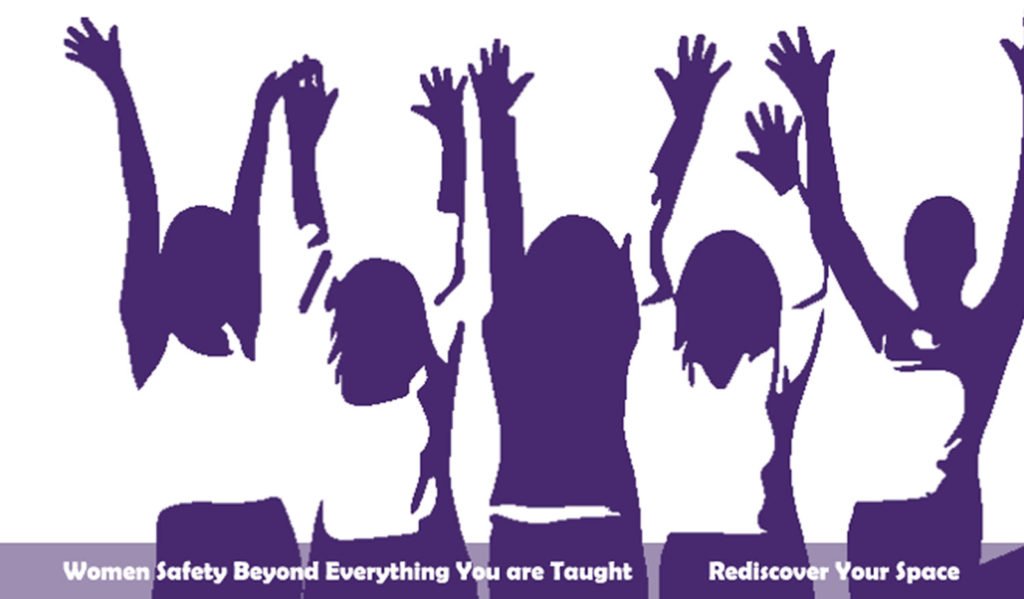Trauma is severe agony that can occur over the period of weeks, months or even years. It can be the result of one isolated event as well as the result of a distressing and long lasting experience. Most crucially, it can persist long after the event or experience itself has ceased.
While people respond and react to trauma in many different ways, it can affect our psychological and emotional health and all of us need to find our own ways of managing it.
Managing and coping with trauma
Be kind to yourself
The first step to managing trauma is accepting that you have been hurt, and are hurting. It can feel intuitive to feel upset and singled out, “why me?” or even feel responsible for the event, “I should have done better”, “I could have prevented it.”
Treat yourself like you would a good friend who was suffering the same way as you, with kindness and non-judgment.
Give yourself time
Often after a difficult or disturbing event occurs in our life, we feel like we can never be the same way again. It is important to process your emotions and understand what happened to you, but remember that healing is a slow process, so give yourself time.
Be aware of your triggers, and respond to them calmly
When something reminds you of the traumatic experience you’ve had, and you start to feel like you may go under, remind yourself to focus on your breathing. You can try counting from 1 to 4 over and over again, or even exit the situation if you need to. Mindfulness meditation has also shown that it can relieve anxiety and allow a sense of calm to prevail in our lives.

Seek professional guidance
Often, after a traumatic event in our lives we spend a lot of time evaluating and examining our lives. Therapy can be a good practice for you to talk through and understand what you have been going through. It can help you unburden, and find peace within yourself.
Connect with others
Asking for help can often be the best thing you do for yourself. And there’s no better way than talking it out with somebody who can instinctively understand and empathise with you. You can join support groups or networks in your area, perhaps meet peers who have had similar experiences to you.
Find your rituals
Rituals have shown to help give people the motivation and momentum they need, and to ease anxiety. These can be simple everyday habits, from reading the news in the morning, talking a walk in your neighbourhood every evening.
Rituals can help us derive a sense of purpose, and reclaim our lives.
Remember, you are not a victim, but a survivor. You are built to deal with all of life’s challenges, and just like your body heals in the case of an injury, your mind too heals with time.
Learn more from the motivational speaker Kaldan Doma, and subscribe to her blog for regular updates.
















Leave a Reply